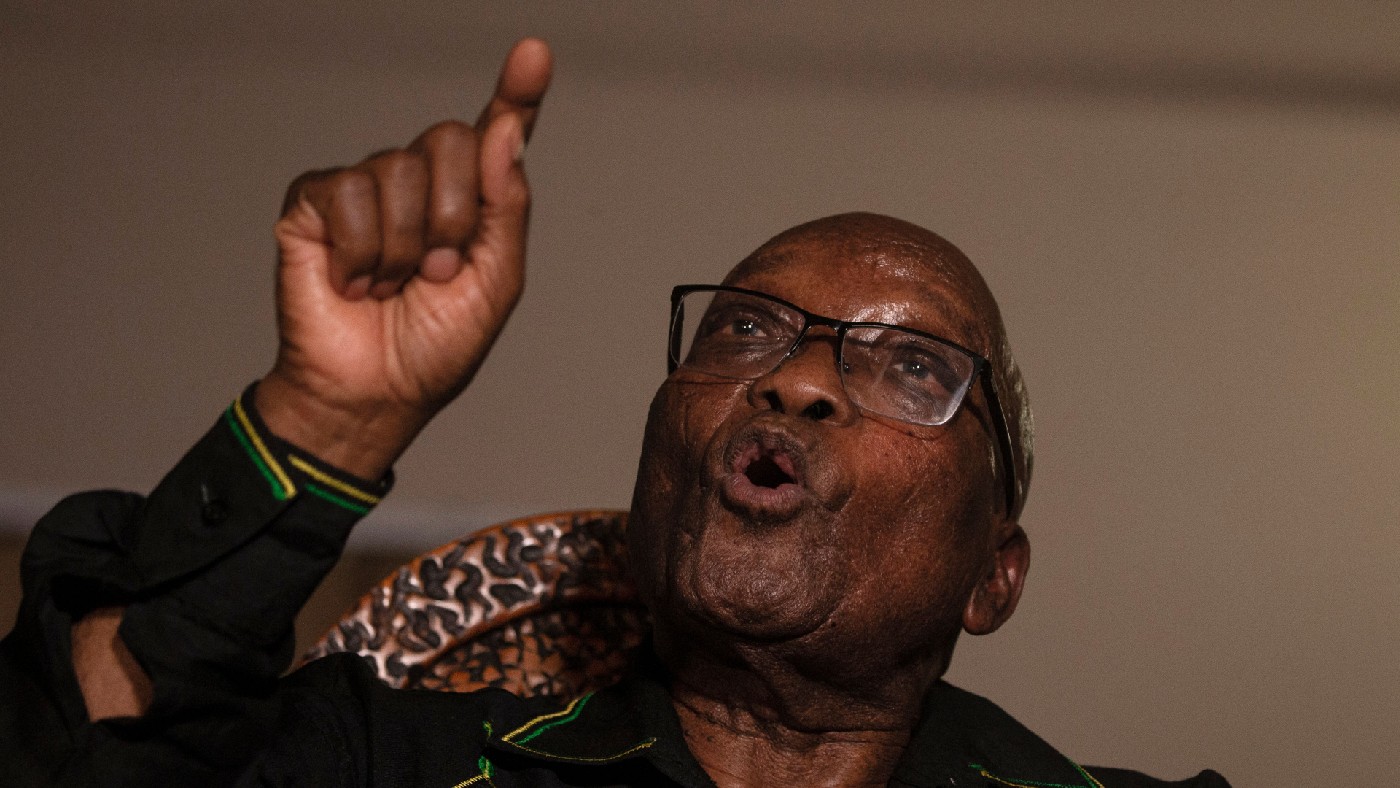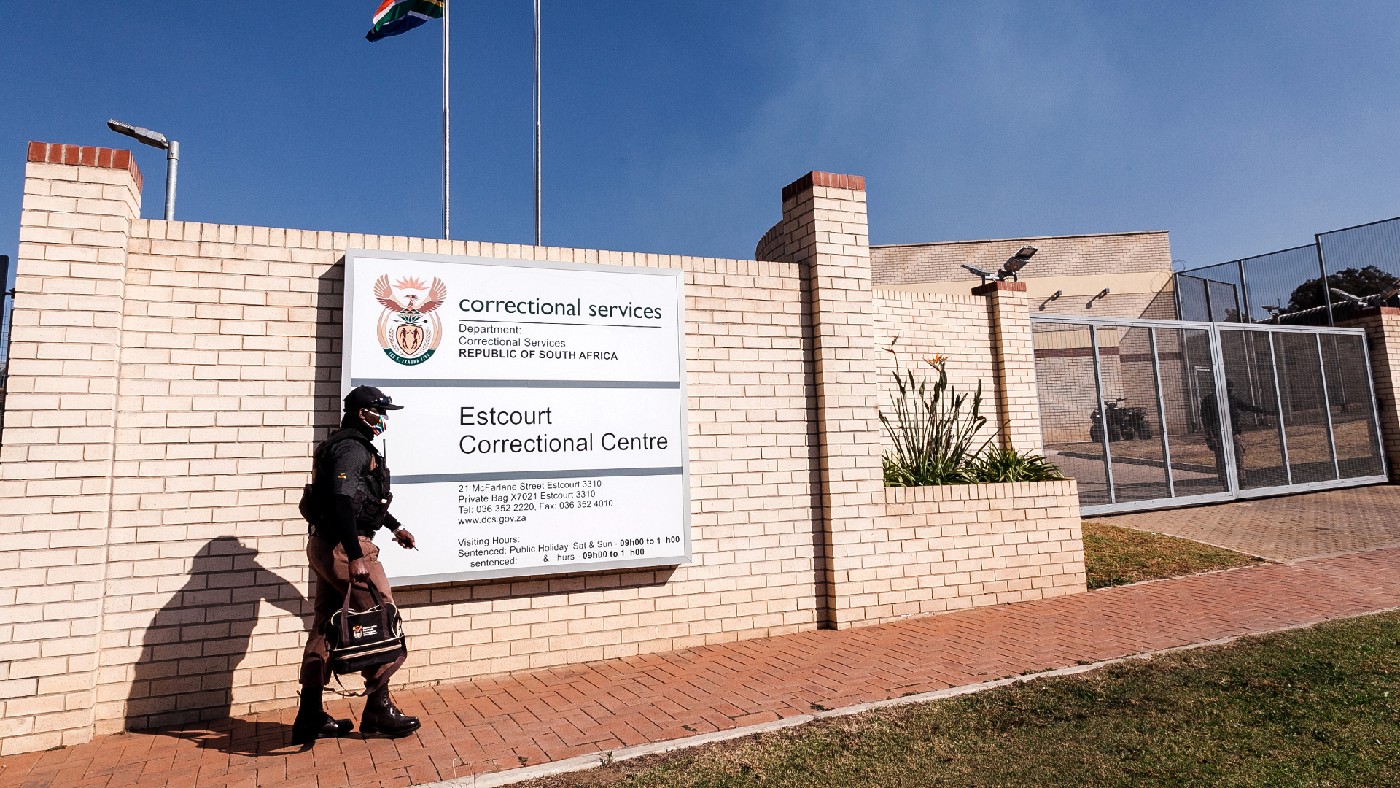South Africa’s landmark ruling: how the courts stood up to Jacob Zuma
Last week the former president was jailed for 15 months for contempt of court - a first in the country’s history

A free daily email with the biggest news stories of the day – and the best features from TheWeek.com
You are now subscribed
Your newsletter sign-up was successful
When Nelson Mandela opened South Africa’s Constitutional Court in 1995, he told the assembled judges to “stand on guard not only against direct assault on the principles of the constitution, but against insidious corrosion”. Some 26 years later, they’ve done just that, said Juniour Khumalo on News24 (Johannesburg).
In a landmark ruling last week, former president Jacob Zuma was jailed for 15 months for contempt of court, for defying an order to attend an inquiry into allegations of corruption during his nine-year presidency, which ended in 2018. The court spelt out the many ways in which the former president had lied, sought to mislead the public, and had ultimately, they said, tried to “destroy the rule of law”. This is the first time in the country’s history a former president has been jailed, said Richard Calland on IOL News (Cape Town). It shows, at last, that “no one is above the law”.
“No one has done more to corrode the institutional pillars of post-apartheid South Africa than Zuma,” said The Economist. Even before sentencing, he was facing a separate criminal trial this month over allegations – which he denies – that he took hundreds of bribes from a French arms company in the decade before he was president. And his presidency, won on an African National Congress ticket, became synonymous with “the demolition of the parts of the state meant to stop graft”.
The Week
Escape your echo chamber. Get the facts behind the news, plus analysis from multiple perspectives.

Sign up for The Week's Free Newsletters
From our morning news briefing to a weekly Good News Newsletter, get the best of The Week delivered directly to your inbox.
From our morning news briefing to a weekly Good News Newsletter, get the best of The Week delivered directly to your inbox.

The inquiry that was his eventual undoing is focused on the so-called “state capture” scandal, in which he was accused of allowing the Gupta brothers, Indian-born billionaire businessmen, to pick stooges to head government ministries, said Yusuf Akínpèlú in Premium Times (Abuja). The Guptas and Zuma deny wrongdoing, but the inquiry has heard damning testimony from more than 250 witnesses, including tales of cash stuffed into designer bags and delivered as bribes, and the theft of up to £29bn from state coffers.
Zuma claims the allegations are part of a“conspiracy” to jail him, said Mcebisi Ndletyana on The Conversation (Melbourne), and has launched a series of attacks on the Constitutional Court. That left its judges with two options: “capitulate to Zuma’s megalomania, or uphold the rule of law”.
To his supporters in his native KwaZulu-Natal, who viewed him as “untouchable”, the decision came as a great shock, said Wayne Duvenage in the Daily Maverick (Cape Town). But his support is “dwindling”, and for millions of South Africans this was, at last, a chance to see “what the rule of law looks like”.
A free daily email with the biggest news stories of the day – and the best features from TheWeek.com